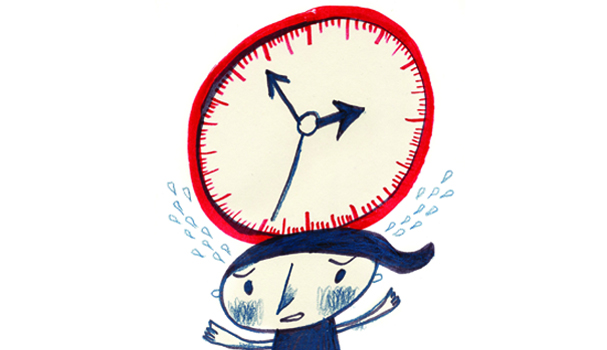Given that the recession has begun to ebb and that unemployment figures are gradually starting to improve, you would think that we’d seen the last of the bad news. But the much publicised figures from the Office for National Statistics (ONS), announcing that the number of people who cannot work as many hours as they’d like has increased by one million since the onset of the downturn, have been the first peal of thunder in another storm of doom and gloom among the nation’s media.
It’s perfectly understandable that people are concerned by the news. Despite the fact that unemployment never reached expected levels, a lot of people are still out of work and the idea they might struggle to find enough hours to pay their way is hardly going to be a welcome one. So, on the one hand the majority of people will be wanting to see a return to the status quo as soon as possible. But it is also an undeniable fact that in the wake of the recession, the way we work is changing. More people are working from home, entrepreneurialism is rising and an increasing value is being placed on flexibility. In light of this, it seems there’s a reasonable chance that the way we make our money is changing.
Ultimately, what we all want is for the labour market to stabilise and there to be enough work so people can make ends meet. But are the days of earning a living through the traditional nine-to-five coming to an end?

says Kevin Green, chief exec of Recruitment and Employment Confederation
I think in some ways this is a good news story. If it wasn’t for our flexible labour market and people working freelance, self-employed, part-time or in temporary contracts, we would see a million more people unemployed in the current environment. Is that a better solution?
There has been huge structural change in the labour market. Obviously, it doesn’t matter what type of organisation you are, you need to keep your cost base lean but you also need the talent and capability. Additionally, many people want to work in different ways. Last week, Timewise Jobs identified the top 50 power part-timers. I think that’s a great example of people who are in quite big jobs – chief executives, MDs, finance directors – who have made a choice to work part time.
What’s happening is the flexibility that we traditionally had at the front end or the bottom of the labour market is now operating across the professional and managerial fields of employment. You’ll find more people being self-employed or freelance; they might work for three or four different people to make up their living. There’s absolutely no doubt this is the way the market is heading.

says Rob Holtsworth, senior campaigns officer of Trades Union Congress
A lot of the rise in underemployment was actually a reaction to recession, so, although it was very tough for people moving onto shorter hours, it was a pragmatic response to recession and it was actually quite a good reaction. It’s better than kicking people out of work altogether because that has a long-term impact.
The economy is supposedly starting to recover, but, although unemployment has been falling over the last six months, underemployment is still going up. This is due to the labour market being very weak and pay growth low. If people were able to move into full-time work, hours would increase and we’d have stronger wage growth.
Clearly the government has a key role to play overall. It needs to prioritise a proper growth strategy, because that is ultimately going to be the best way to deal with underemployment and low wage growth. Welfare-to-work, the news of the farce of the work programme – none of these things are helping the labour market. They need to do more on that and a proper industrial strategy encouraging jobs growth in higher-skilled sectors – those are the skilled, decently paid full-time jobs that we need.
Share via:








































